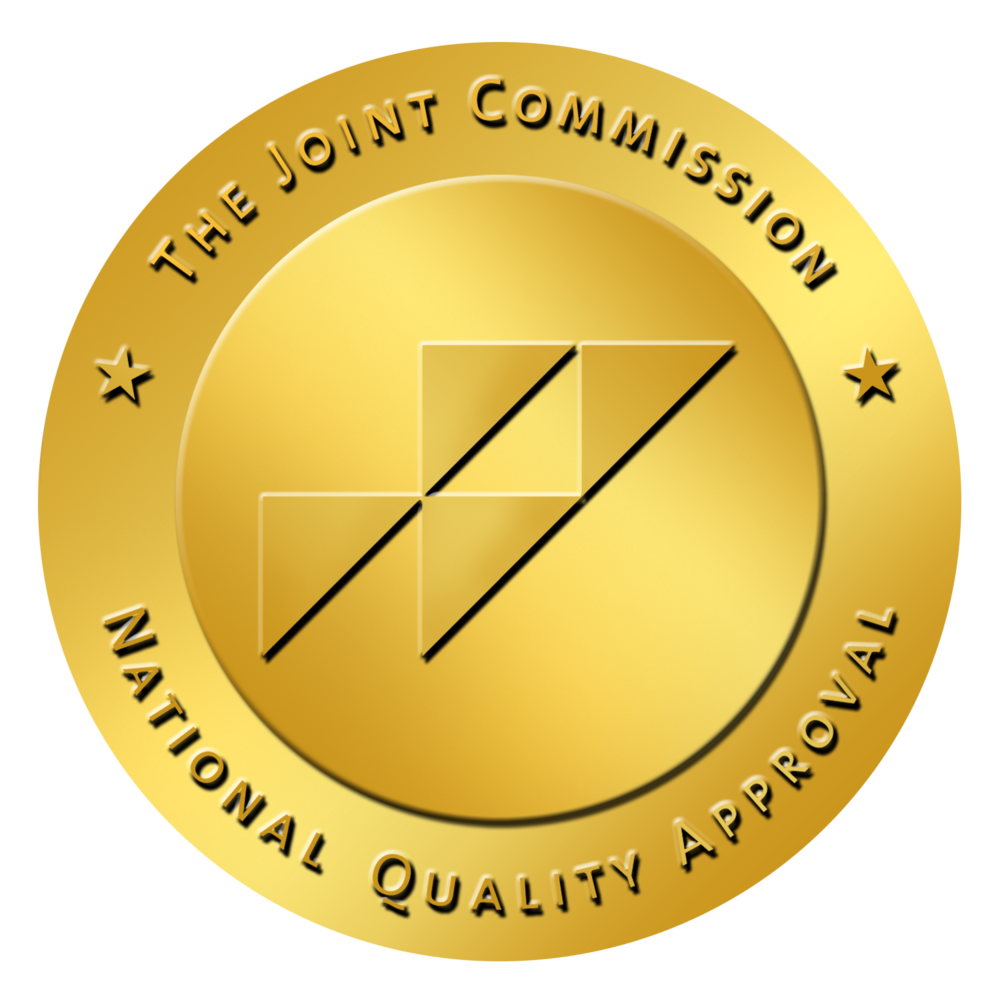Seeking help for mental health doesn’t always mean putting your life on hold. Outpatient treatment offers a flexible, structured path to recovery that allows people to receive professional care while still keeping up with work, school, or family responsibilities. Whether you’re transitioning from inpatient care or starting treatment for the first time, outpatient mental health programs provide the support, therapy, and tools needed to manage symptoms, build resilience, and maintain long-term stability.
Mental health treatment is essential because it provides individuals with the tools and support they need to manage emotional challenges, heal from trauma, and improve their overall quality of life. Untreated mental health conditions—such as anxiety, depression, PTSD, or substance use disorders—can significantly impact relationships, work performance, physical health, and daily functioning. Seeking professional help isn’t a sign of weakness; it’s a proactive step toward wellness, resilience, and personal growth. With the right therapeutic support, people can better understand themselves, develop healthy coping strategies, and lead more fulfilling, balanced lives.
What Is Outpatient Mental Health Treatment?
Outpatient mental health treatment is when a person attends a mental health facility several days a week. Unlike residential treatment, outpatient programs do not require patients to stay overnight at a facility. Instead, patients attend scheduled sessions during the day or evening.
This flexibility makes outpatient care an ideal option for people who need consistent mental health support but also want to maintain responsibilities like work, school, or family life.
When Does Someone Need Outpatient Treatment?
Someone might need a behavioral health recovery program when emotional, psychological, or behavioral challenges begin to interfere with their ability to function in daily life. This can include ongoing struggles with depression, anxiety, PTSD, substance abuse, mood disorders, or the lasting effects of trauma. If someone finds themselves unable to manage stress, maintain relationships, perform at work, or cope with overwhelming emotions, a structured recovery program can offer the support and treatment they need. These programs are especially helpful when outpatient therapy alone isn’t enough, or when a person experiences recurring crises, intense mood swings, or unsafe behaviors. A behavioral health recovery program provides a safe, supportive environment where individuals can stabilize, gain insight, and build the tools needed for long-term healing and stability.
Outpatient treatment may be appropriate when:
- A person’s mental health symptoms are manageable without 24/7 supervision.
- Someone has completed residential or inpatient treatment and is ready to step down.
- Ongoing support is needed to maintain stability and prevent relapse.
- An individual wants access to therapy, skills training, and community support while staying connected to their daily life.
Outpatient mental health treatment is best for those who have either completed inpatient treatment or else are confident that they do not need 24/7 attention.
What Are the Different Kinds of Outpatient Mental Health Treatment?
Outpatient treatment is a bit of an umbrella term, containing within it a number of different levels of treatment, including partial hospitalization and intensive outpatient treatment.
Partial Hospitalization Program (PHP)
Partial hospitalization is the most intensive form of outpatient care, often serving as a step down from residential treatment. patients spend most of the day in therapy and clinical programming but return home in the evenings.
Intensive Outpatient Program (IOP)
An IOP provides structured therapy several days a week, with fewer hours than PHP. This allows for balance between recovery work and outside responsibilities. This level of care requires the least amount of attendance at a facility.
Outpatient Program
Standard outpatient programs offer weekly or bi-weekly therapy sessions, focusing on maintaining progress, addressing challenges, and reinforcing coping skills.
Outpatient Mental Health Recovery Program Highlights
Some highlights include:
- Flexible scheduling to balance treatment with daily responsibilities
- Research-based therapies, including CBT and DBT
- Individualized treatment plans for each client’s needs
- Support for co-occurring substance use and mental health disorders
- Access to holistic and wellness-based services
- Strong peer and community support networks
What Are the Benefits of Outpatient Treatment?
Outpatient care offers a number of benefits, including:
- Continuing treatment while maintaining independence
- Opportunities to practice coping skills in real-life settings
- A supportive community without leaving home life behind
- Lower cost compared to residential care
- Smooth transition between higher and lower levels of care
- Long-term support to prevent relapse and promote stability
What To Expect During Outpatient Treatment?
Mental health rehab programs are designed to provide structured, compassionate care tailored to each individual’s unique needs. When entering a program, you can expect an initial assessment to understand your mental health history, current challenges, and treatment goals. From there, a personalized plan is developed, which may include individual therapy, group counseling, medication management, and specialized approaches like cognitive behavioral therapy (CBT), dialectical behavior therapy (DBT), or trauma-focused therapies such as EMDR. Programs often incorporate holistic elements like mindfulness, stress-reduction techniques, and life skills training to support long-term recovery. Throughout the process, you’ll work with a team of licensed professionals in a safe, nonjudgmental environment, gaining insight, building coping skills, and working toward improved emotional well-being.
patients can expect a combination of therapy sessions, skills-building groups, and supportive services tailored to their needs. Outpatient treatment often includes individual counseling, peer support groups, wellness activities, and regular check-ins with clinical staff.
Outpatient Mental Health Treatment Services
There are a variety of services that outpatient treatment offers. These include different therapy types in both individual and group settings.
Outpatient Therapy Services
- Individual therapy for personal growth and symptom management
- Group therapy to share experiences and build peer support
- Cognitive Behavioral Therapy (CBT) to reframe negative thought patterns
- Family therapy to strengthen relationships and improve communication
- Holistic therapies such as meditation, yoga, or art therapy
Dual Diagnosis Treatment
When you are dealing with both an addiction and mental health issue at the same time, you have what is known as a dual diagnosis. Outpatient programs can support individuals with dual diagnoses via integrated services that help patients address both conditions at the same time, leading to more sustainable recovery.
What Happens After Outpatient Treatment?
After completing outpatient treatment, many patients transition to ongoing individual therapy, community support groups, or wellness programs. These aftercare options help maintain progress and prevent relapse.
Does Insurance Cover Outpatient Programs for Mental and Behavioral Health?
Most insurance plans cover outpatient mental health programming, though the extent of coverage depends on the provider and plan details. Our admissions specialists can verify your benefits and explain your options, including any out-of-pocket costs.
Aliya Mental Health Outpatient Rehab and Treatment Locations
If you or someone you love is struggling, don’t wait to get the support you deserve. People with mental health challenges — including depression and anxiety, substance use disorders, or other mental health conditions — can find hope and healing through professional care. At our mental health center, we offer comprehensive treatment programs, including family counseling, outpatient behavioral health services, and support from experienced mental health counselors and behavioral health clinical professionals. Mental illness is treatable, and recovery is possible. Whether you’re seeking help for yourself or a loved one, our team is here to guide you.
Aliya Mental Health provides outpatient mental health treatment at facilities designed to support healing, growth, and long-term recovery. Whether it’s PHP or IOP treatment, our team of compassionate professionals is dedicated to helping patients achieve stability and live fulfilling lives. Call or text us today to take the first step toward a healthier, more stable future.






